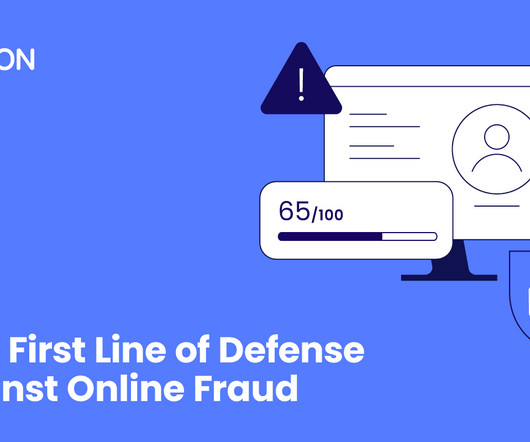Money mules create a real-time AML problem: Here’s how to address it
The Payments Association
APRIL 23, 2025
Most money laundering typologies, such as transaction layering, rapid and high-frequency fund movements, and unusual counterparty relationships, require historical transaction data to identify suspicious patterns. It takes AML teams weeks (if not months) of diligent analysis to escalate these activities to law enforcement.















Let's personalize your content